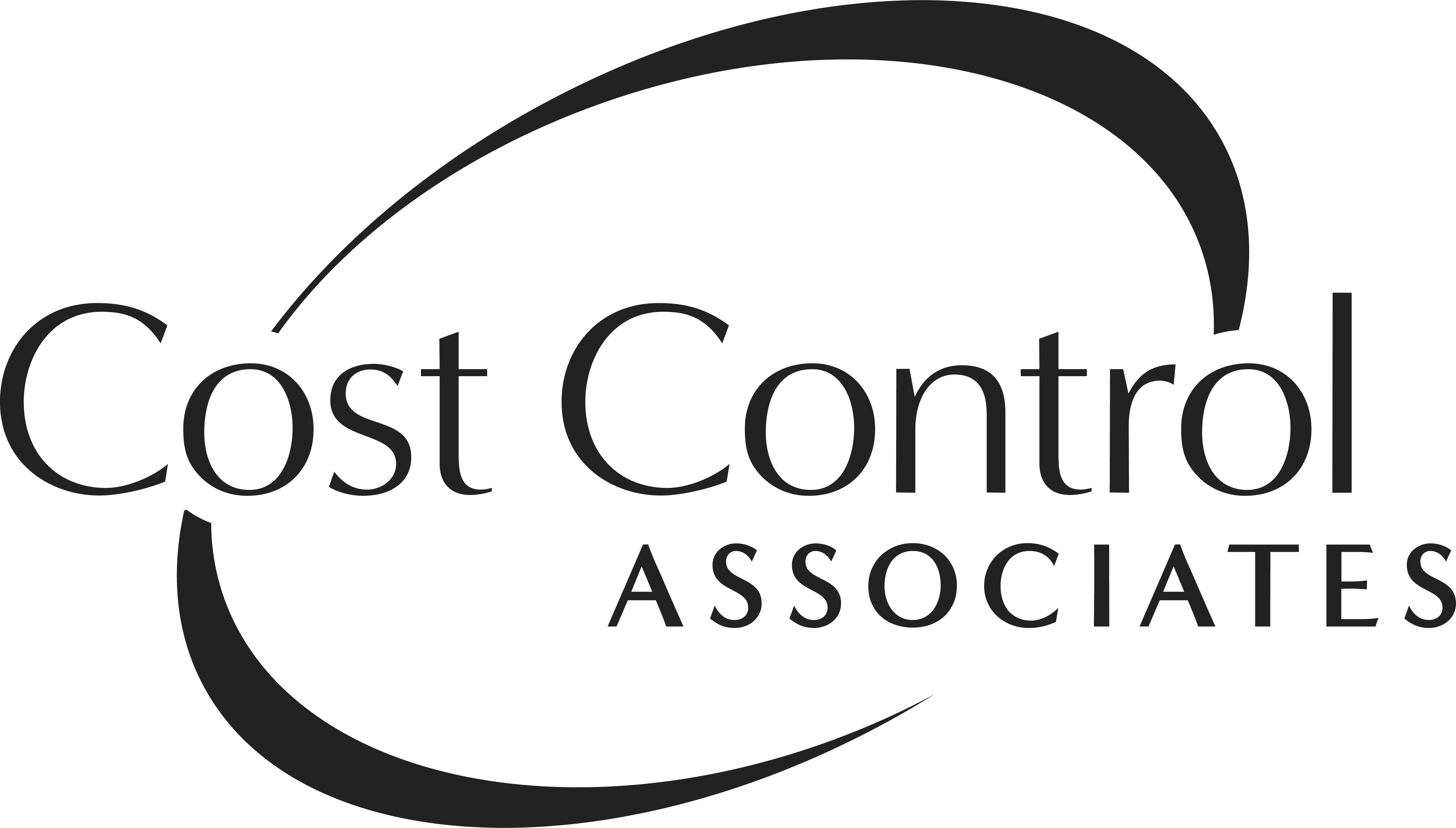Rising waste removal costs can be a burden on many businesses and local governments. You might be surprised how things like excess pickups, hidden fees or misapplied taxes can inflate rates by several thousands of dollars per year.
In our experience analyzing the waste removal costs (and contracts) of hundreds of businesses and local governments, we have found a few areas where customers are regularly overcharged.
To help you understand where these costs may hide in your waste removal contracts, we highlight three common myths and show you how you may be inadvertently paying more than you should.
Myth 1: The basic rate is the most important determinant of my total waste removal costs.
A common misperception is that bidding out the lowest rate between suppliers leads to the lowest contract rate for your organization. However, within this rate there are hidden fees which can dramatically inflate your waste removal costs.
It is important to consider usage when identifying waste removal needs. A perfect example in which usage can inflate costs is with the number of pickups. Whenever your waste is removed there is a service fee (a flat rate for the pickup), along with a tonnage fee (the cost per ton of waste). One of the most common errors we see is excess pickups. If you are paying for four pickups per month, but you only need 2 or 3 pickups per month, then you are paying for more than you need.
There are several other fees included in your quote rate. Some common fees apply to the size and type of trash container, fuel rates, the often unclear “environmental fee,” as well as any taxes that might be misapplied to the services you receive. These fees are not static, though many believe them to be, and there is often opportunity to redefine the terms of a contract with your vendor.

Myth 2: My vendor is looking out for me.
Not to step on toes with vendors, because many of them are reasonable and willing to negotiate, but they are first and foremost in business to make a profit. Think of it this way: Does the IRS look out for you when you’re doing taxes? No. It exists to ensure you’ve done them correctly and to maximize revenue for the federal government. If you want to be sure you’re not overpaying you have to go to a tax expert that knows their way around tax law, speaks the lingo, and has the experience to know when something can be done a better way.
Once you are under contract, it is unlikely your vendor will review your actual usage and costs. The burden falls on you to determine whether you’re using their services efficiently and to determine where you need to be if you aren’t. Often organizations don’t have the capacity or resources to do this, or more commonly, they simply assume their vendor has set up their contract correctly in the first place.
Unfortunately when it’s time for a contract to be renewed, a vendor will apply the typical marginal increase due to “rising costs” and that will be the end of the review. It is important to be aware of this, and understand your actual usage patterns and the “rising costs” to be sure they are accurate.
Myth 3: I need to change suppliers to reduce my rates.
 Often an organization will realize they are overpaying for waste removal but they are mid-contract and assume there is nothing they can do about it. It’s a hassle to seek out new suppliers and it’s likely you’re happy with supplier service, but are aware of areas where you could cut excess cost.
Often an organization will realize they are overpaying for waste removal but they are mid-contract and assume there is nothing they can do about it. It’s a hassle to seek out new suppliers and it’s likely you’re happy with supplier service, but are aware of areas where you could cut excess cost.
There is good news. You can stay with your supplier because in most cases, suppliers are willing to negotiate terms of a contract, even if you are in the middle of a term. As long as you have good reason and the knowledge and information to communicate it, your supplier should listen to you (if they don’t, that is cause for concern, too!).
The reality is that vendors don’t want to lose future business. If you demonstrate that you can go to a competitor and get “x” rate, they will and should work with you to get it where it needs to be. So not only do you not have to change suppliers to get a better rate, chances are you won’t have to.
Request a free utility bill analysis today.
Valerie Paquin is manager of energy services at Cost Control Associates. Since 1999 she has developed her utility-cost expertise for energy, water/sewer, telecom and waste removal. She earned the designation of project executive in 2012. Valerie received her ABA in accounting from State University of New York-Adirondack. Learn more.

